Giulio Roana, head of Ecor International’s Aerospace and Defense business unit, gives an overview on the industry developments and future prospects that await the company.
Ecor International is facing a new reality: the post-pandemic and international economic-political situation, which is having profound influences at different levels. The aerospace industry has been affected by the consequences of the Coronavirus, which first stalled and then restricted air travels for both tourist and business purposes.
We talked about this with the head of Ecor International’s business unit, taking stock of the situation and talking about what the future will bring.
Question: “How has Ecor International’s Aerospace & Defense business unit developed in recent years?”
Answer: “In the last three years our business has been negatively affected by the effects of the pandemic in the aviation sector: 80% of our business comes from the civilian sector, so it is easy to imagine how the blockage of flights, both tourist and professional, has stopped companies’ investments.
During the same period, however, we have managed to increase activity in other sectors, such as security and aerospace, driven by cyber security, telecommunications, low-orbit satellites, and low-cost launchers.
After more than two years, the civil aviation sector has restarted, and we expect to be back up and running in 2024.”
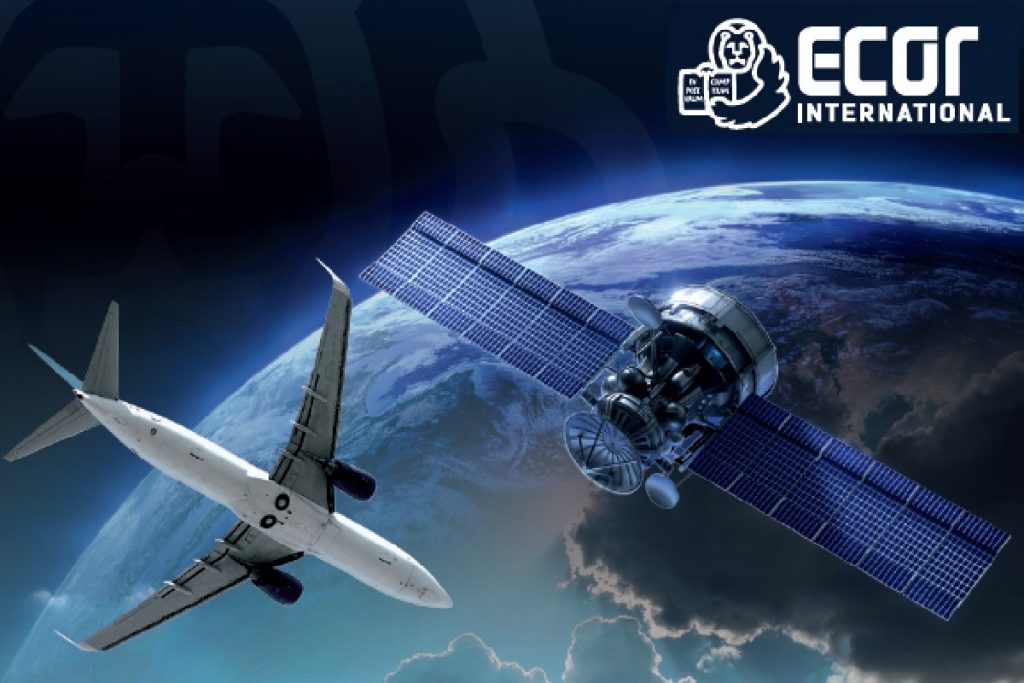
Q: “Within a few years, Ecor International has become a reference for major aerospace and defense companies. What are the aspects that have contributed to this growth?”
A: “Relationships are key. When we say we have achieved a reputation as a reliable company, we are not reciting a pre-packaged verse. We also work to curate and constantly improve, the company’s image. We do this through our work, demonstrating punctuality and precision in our achievements and accomplishments. We have thus improved production quality. We take care of every little detail because, in the end, these are what makes the difference, especially when you must work with details like in aerospace.
We also value the trusting relationships we have with customers/partners. We are transparent in our relationships and don’t promise what we can’t deliver.”
Q: “Have certifications played an important role in this development?”
A: “Certifications are crucial. They are the key to opening doors and connecting with the market. For those who do not have them, they are a barrier to entry.”
Q: “What technological skills have been developed/acquired over these years?”
A: “Thanks to the development of the Aerospace & Defense business unit, we have developed some activities typical for this sector. For example, it has been introduced the non-destructive testing and the electric roller welding, that is used to make exhaust cones for a major national player.
A culture of cleanliness has been introduced. Because a clean work environment also means safer products and thus also better production quality.
Ours is a transverse business: the skills of one business unit spill over into another, and thanks to the development of A&D, many work processes of other business units have been improved, and vice versa.”
Q: “The space economy is playing an increasingly important role in economic, political and public debates (1.49 billion euros have been allocated with the PNRR). Can this be an important field for Ecor International’s development?”
A: “By its nature, Ecor International looks closely at market dynamics. The investment that the Italian State has made in the space economy is very important. But the company has an indirect involvement in this fast-growing sector. In fact, we have customers operating in this area and, as a result, we may benefit from PNRR in the future.”
Q: “Could space tourism also involve Ecor International in its future developments?”
A: “Who knows? We would love to because A&D business unit has the skills and capabilities to do so: it’s about combining
Civil aviation industry skills with the space industry. For example, we made the pipeline system that brings oxygen to a spacecraft. We will be ready for it.”
Q: “Can you tell us about the most ambitious/challenging project the company has done so far?”
A: “They have all been engaging, in the truest sense of the word because, as I said earlier, Ecor International‘s skills are cross-cutting. A project originating from one business unit can involve the technicians, engineers, and welders of another as well as those at Il Sentiero International Campus, our advanced industrial research centre.
Making the exhaust cones for an important institutional job order was a challenge to us because we had a very tight schedule for a product, we were tackling for the first time.
Another very challenging project was miniature welding: we usually work on pipe sizes from 6 mm in diameter and up, whereas this time we worked on diameters in the range of 1 mm / 1.06 mm on rigid tubing and other very small components, such as pressure sensors, filters, and valves.
This is a very critical project because of the extremely small dimensions that require extreme precision in the various machining involved. Complicating the project is the very high thickness-to-diameter ratio: even a small difference in the weld can result in occlusion, or reduction, of the fluid passage.
This is what it means to work with details, which are sometimes down to the smallest detail.
But in both cases, we have demonstrated how our capabilities, responding in accurate and timely manner to customer requests.”
Q: “What are the ambitions, projects, and future goals of the Aerospace & Defense business unit?”
A: “We mainly do prototyping and production of tubing and complex critical parts. Our intention is to develop the design part as well, thus following our customers from proposal to final realization, providing the most comprehensive service possible.”

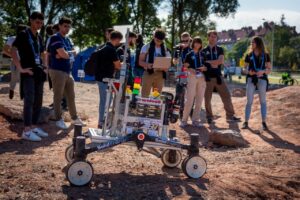
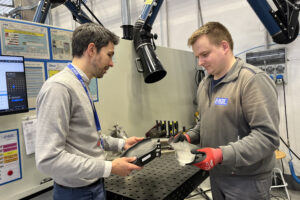
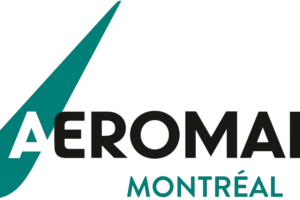





 @EcorIntern
@EcorIntern